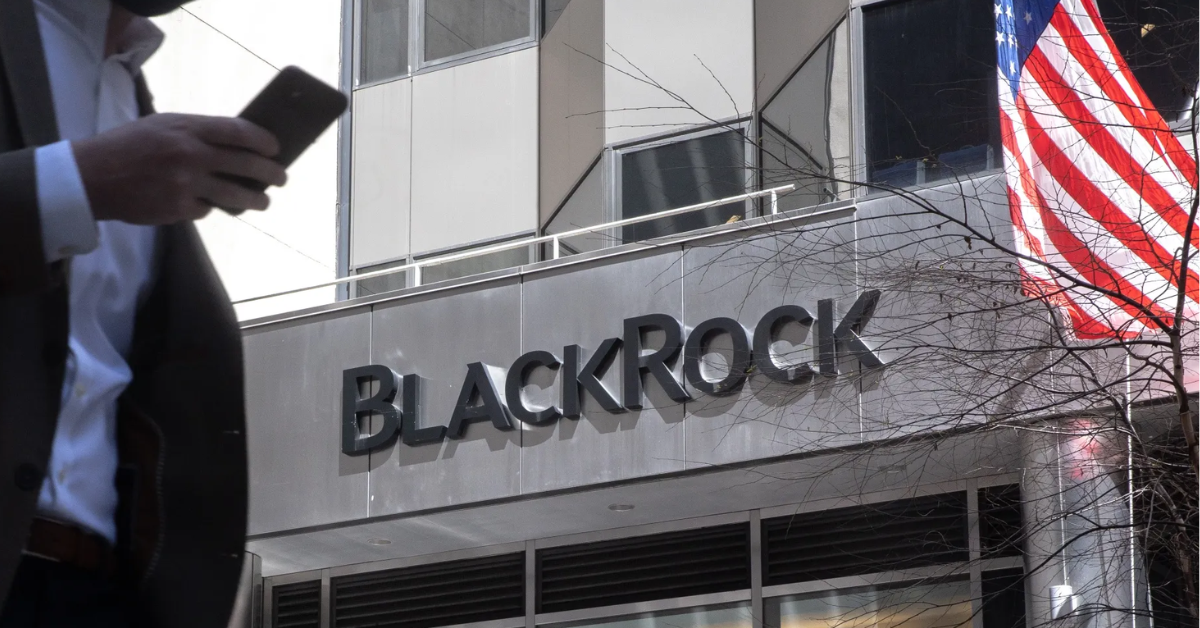In the complex and ever-evolving world of finance, few names carry as much weight as BlackRock. Founded in 1988, BlackRock has grown from a small risk management and fixed-income institutional asset manager into the world’s largest asset management firm, overseeing trillions of dollars in assets. With a presence in over 100 countries, BlackRock plays a pivotal role in shaping global financial markets, influencing everything from retirement plans to climate-conscious investing. But what exactly does BlackRock do, and why is it so important?
The Core of BlackRock: Asset Management
At its heart, BlackRock is an asset management company. This means it manages money on behalf of others—individuals, pension funds, governments, corporations, and institutions. These clients entrust BlackRock with their capital, and in return, BlackRock invests it with the aim of generating returns while balancing risk.
As of mid-2025, BlackRock manages approximately $10 trillion in assets. This staggering figure puts the firm ahead of its closest competitors, such as Vanguard and Fidelity. The assets under management (AUM) range across a diverse spectrum—equities, fixed income, real estate, infrastructure, and alternatives. This vast scale allows BlackRock to offer clients diversified investment solutions tailored to specific goals, time horizons, and risk appetites.
The Power of Passive Investing and iShares
One of the major engines behind BlackRock’s growth has been its dominance in passive investing through its iShares line of exchange-traded funds (ETFs). ETFs have revolutionized how people invest by offering low-cost, diversified exposure to markets without the need for active management. With iShares, BlackRock has become a market leader, offering hundreds of ETFs that track indexes from the S&P 500 to niche sectors like clean energy or emerging markets.
The rise of passive investing has sparked debates within the financial world. Proponents point to the lower fees and predictable returns, while critics argue that the concentration of power in a few firms like BlackRock could distort markets and reduce corporate accountability. Regardless of the controversy, there’s no denying that BlackRock’s ETF offerings have democratized investing and made financial markets more accessible to everyday investors.
Aladdin: The Technology Behind the Curtain
BlackRock isn’t just a financial powerhouse—it’s a tech company in its own right. Central to its operations is a proprietary platform called Aladdin (short for Asset, Liability, Debt, and Derivative Investment Network). Aladdin is a comprehensive portfolio management system used by BlackRock and its clients to analyze risk, monitor investments, and streamline operations.
Aladdin processes massive quantities of data every day and plays a crucial role in helping investors navigate volatile markets. In fact, many other asset managers, insurers, and even central banks license Aladdin, making BlackRock not only a major asset manager but also a key technology provider in global finance.
ESG and Sustainable Investing
In recent years, BlackRock has positioned itself at the forefront of sustainable investing. Environmental, Social, and Governance (ESG) factors are now central to many of its investment strategies. CEO Larry Fink’s annual letters to shareholders have emphasized that climate risk is investment risk and that companies must adapt or be left behind.
BlackRock has committed to achieving net-zero emissions across its investment portfolios by 2050. It has also increased pressure on companies to disclose climate-related risks and align their operations with sustainability goals. While critics have questioned the depth of its ESG commitment, BlackRock’s influence is undeniable—when it speaks, companies listen.
Influence and Criticism
With size comes scrutiny. BlackRock’s influence on the global economy is both vast and controversial. Some view it as a stabilizing force, providing liquidity and expertise in turbulent times. Others argue that its outsized ownership stakes in thousands of public companies give it too much control, especially when it comes to voting rights in corporate governance.
BlackRock has also been criticized for what some see as contradictory positions—promoting ESG values while investing in fossil fuels, for instance. The firm has responded by balancing its fiduciary duty to clients with long-term environmental and social considerations, though the debate is far from settled.
Looking Ahead
As the world grapples with challenges like inflation, climate change, and geopolitical instability, BlackRock is likely to remain a central player. Its massive scale, technological edge, and global reach position it as a key influencer in the direction of financial markets.
Whether you are an individual investor, a policymaker, or a corporate executive, understanding BlackRock’s role in asset management offers critical insight into how modern finance operates. While the future of investing will no doubt evolve, BlackRock’s place at the table seems secure—for better or worse.

